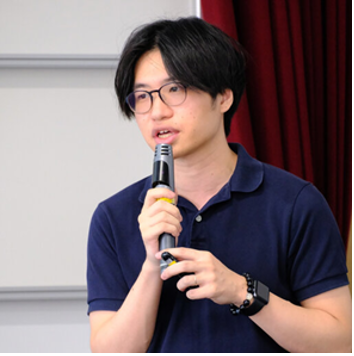2026 Virtual Invited Colloquia


Plurilingual Pedagogies for Linguistic Justice: Moving Beyond Traditional Bilingualism
Convened by:
Angelica Galante, McGill University
Pramod Sah, The Education University of Hong Kong
Colloquium Abstract
In a world of linguistic tensions, where minoritized languages are often left to the margins, education systems must move beyond mono/bilingual paradigms to embrace plurilingual pedagogies that promote linguistic justice. This colloquium brings together researchers/educators from diverse contexts (New Zealand, Australia, Bangladesh, USA, and Canada) to explore how language learning and teaching can be reimagined through a social justice lens, challenging dominant ideologies that privilege certain languages while marginalizing others.
Plurilingual pedagogies recognize learners’ full linguistic, cultural, and racial repertoires as powerful assets (Galante, 2022), yet dominant ideologies in education continue to uphold certain languages while rendering others invisible. Rejecting deficit-based perspectives on multilingualism is not just an option—it is an urgent necessity. Plurilingual pedagogies can actively contribute to decolonizing language education (Galante et al., 2024), dismantling linguistic discrimination (Sah & Li, 2022, 2024), and equipping language learners from diverse backgrounds with critical awareness about social, cultural, political, and racial, inequalities (Sultana & Dovchin, 2021) so they can exercise their agency and challenge discriminatory colonial and racist practices.
In this colloquium, participants will engage with empirical research in different contexts demonstrating how plurilingual pedagogies are implemented, contributing to equitable educational outcomes and affirming students’ plurilingual and pluricultural identities while exploring contextual challenges and limitations. This colloquium will address critical questions such as: How can language educators in rural and urban spaces integrate plurilingual pedagogies in their language classrooms to disrupt systemic inequities in schools? How can teacher education programs prepare future educators to implement plurilingual pedagogies effectively, even in officially monolingual/bilingual contexts? Presentations will highlight learner-centered approaches, teacher education models, and community-centered initiatives that promote linguistic rights and justice.
By centering equity, access, and social justice, this colloquium bridges research and practice, challenges traditional hierarchies of language learning and envisions a future where all languages—and their speakers—are valued equally and empowered.


Artificial intelligence in applied linguistics: Applications, promises and challenges
Shungo Suzuki, Nagoya University
Colloquium Abstract
Recent advancements in artificial intelligence (AI) technologies such as generative AI have sparked significant interest within the field of applied linguistics. Researchers across various subfields are exploring its potential applications, carefully evaluating both the opportunities it offers and the challenges it presents. In this colloquium experts on computational sociolinguistics, corpus linguistics, language teaching, language assessment, and second language acquisition consider the ethical use and/or potential negative consequences of AI use in their area. Each colloquium paper draws upon the colloquium presenters’ contributions published in the latest issue of the Annual Review of Applied Linguistics (ARAL), focusing on relevant AI technologies and their intersections with applied linguistics. In their work, the authors explored the role of AI through theoretical analysis or empirical research, taking a critical lens to identify constructive and effective pathways for applying AI in applied linguistics.
The colloquium will open with a brief introduction by the conveners, followed by five 15-minute presentations. Each contribution will conclude with the speakers reflecting on the potential applications, promises, and challenges of AI based on their research. The event will end with an open discussion between the audience and the panelists.
